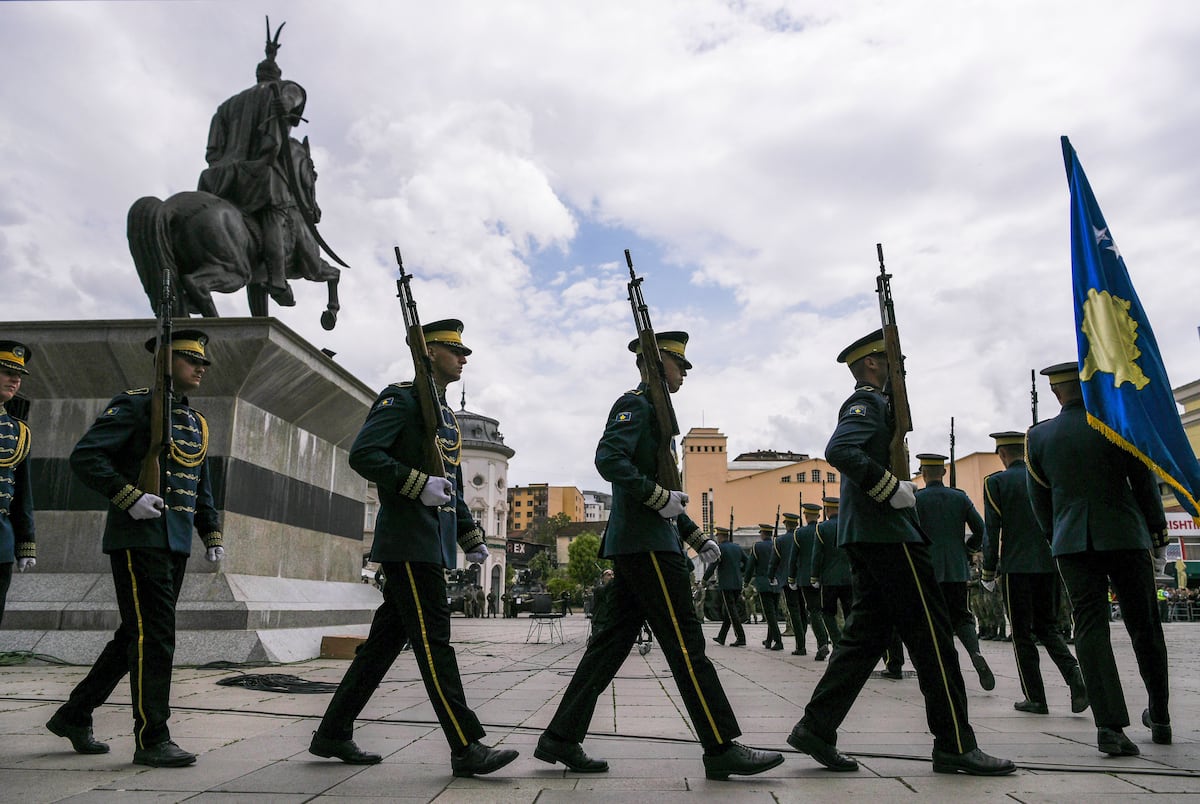



ISTANBUL — Amid renewed geopolitical friction in Europe, Balkan military leaders met in Istanbul to reaffirm their cooperation, offering rare show of unity in a region still shadowed by historic tensions.
On May 28, Turkey hosted the 18th Balkan Chiefs of Defence (CHODs) Conference in Istanbul. Military leaders from Albania, Bosnia-Herzegovina, Bulgaria, Greece, North Macedonia, Romania, Serbia, and Montenegro gathered alongside observers from Slovenia and Croatia. Also in attendance were the chairman of NATO’s Military Committee and the deputy commander of NATO’s Joint Force Command Naples.
At first glance, this might appear as just another high-level military meeting, but both its symbolism and timing are significant. The Balkans — historically one of Europe’s most conflict-prone regions — are once again at the geopolitical forefront amid the ongoing war in Ukraine, escalating tensions between NATO and Russia, and evolving U.S. security commitments in Europe.
Turkish officials used the platform to present plans for establishing a NATO Centre of Excellence for Countering Unmanned Threats, underscoring growing global concerns over the strategic use of drones and autonomous systems in modern warfare — from the Donbas region to the Red Sea.
During the conference, participants reviewed the outcomes of recent multinational military education programs and exercises hosted by Turkey, including Special Forces training and computer-assisted command post drills. Progress since the last summit was assessed through an evaluation of coordination and working group activities, including the endorsement of annual reports and operational results from joint exercises. Attendees reaffirmed their shared commitment to deepening military ties, broadening existing cooperation, and exploring new avenues for collaboration. Turkish Vice President Cevdet Yılmaz also delivered a speech at the conference.
In the Balkans, nationalist tensions can smolder for years and quickly spiral out of control. The ability of countries with long-standing disputes to sit at the same conference table is crucial for preventing miscommunication and fostering predictability among neighbors.
Among the participants, Bosnia-Herzegovina, a member of NATO’s Partnership for Peace program, and Serbia — the only non-NATO country — stood out. Serbia, which traditionally maintains close ties with Russia, was bombed by NATO members a little more than a quarter-century ago. The presence of senior NATO commanders sent a clear message of commitment to maintaining military dialogue despite deep-rooted historical and political divisions.
Officials confirmed that Greece will host the 19th Balkan CHODs Conference in 2026, continuing the tradition of rotating venues to encourage inclusivity and shared responsibility for regional security.
To close the event, Turkish Chief of General Staff Gen. Metin Gürak, along with NATO and Balkan military leaders, visited the Baykar Özdemir Bayraktar National Technology Center — showcasing Turkey’s growing defense-industrial ambitions and its leadership role in the region.
Cem Devrim Yaylali is a Turkey correspondent for Defense News. He is a keen photographer of military ships and has a passion for writing about naval and defense issues. He was born in Paris, France, and resides in Istanbul, Turkey. He is married with one son.
